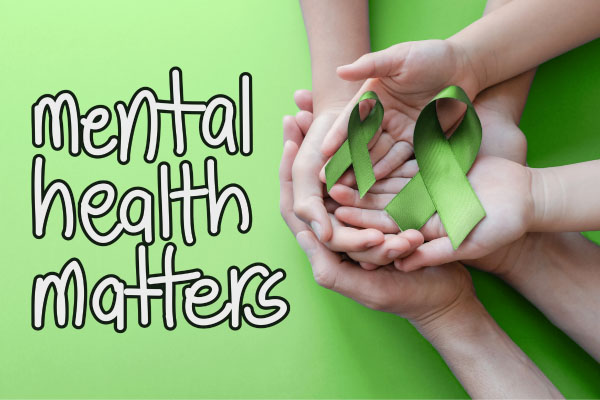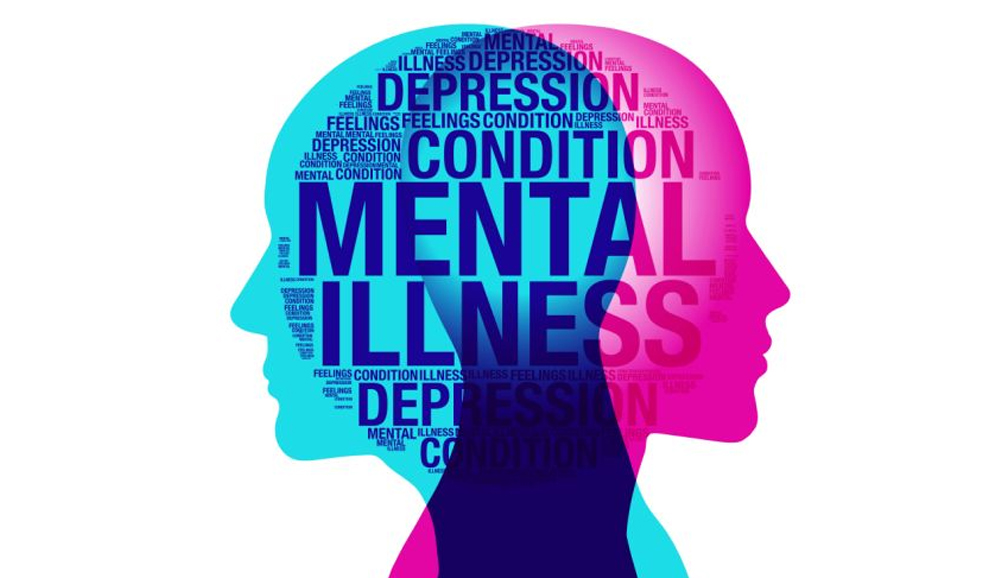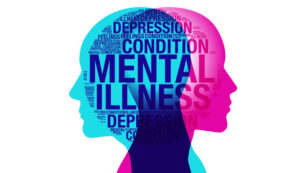Mental Health Awareness: Understanding, Recognizing, and Supporting

Introduction
Mental health is an integral part of our overall well-being, encompassing our emotional, psychological, and social health. It influences how we think, feel, and act, affecting our daily lives, relationships, and physical health. As mental health awareness grows, it’s essential to understand its significance, recognize common issues, and learn how to support ourselves and others.

Why Mental Health Awareness Matters
- Destigmatization: One of the biggest barriers to seeking help is the stigma surrounding mental health. By raising awareness, we can encourage open conversations, making it easier for individuals to seek the help they need.
- Education: Understanding mental health conditions can lead to early recognition of symptoms, better treatment options, and a supportive environment for those affected.
- Promoting Well-being: Awareness initiatives can educate individuals on maintaining good mental health through self-care practices, coping strategies, and stress management.
Common Mental Health Conditions
- Anxiety Disorders: These include generalized anxiety disorder, panic disorder, and social anxiety disorder. Symptoms may include excessive worry, restlessness, and difficulty concentrating.
- Depression: Characterized by persistent feelings of sadness, hopelessness, and a lack of interest in activities, depression can significantly impact daily functioning.
- Bipolar Disorder: This condition involves extreme mood swings, including emotional highs (mania) and lows (depression).
- Obsessive-Compulsive Disorder (OCD): OCD involves unwanted, recurring thoughts (obsessions) and behaviors (compulsions) that individuals feel driven to perform.
- Post-Traumatic Stress Disorder (PTSD): PTSD can occur after experiencing or witnessing a traumatic event, leading to flashbacks, anxiety, and avoidance behaviors.
Signs of Mental Health Issues
Recognizing the signs of mental health issues in yourself or others can be the first step toward seeking help. Common indicators include:
- Changes in mood (persistent sadness or irritability)
- Withdrawal from social activities
- Changes in sleep patterns (insomnia or oversleeping)
- Changes in appetite or weight
- Difficulty concentrating or making decisions
- Increased use of alcohol or drugs
- Physical symptoms like headaches or stomachaches without a clear cause
Strategies for Promoting Mental Well-being
- Practice Self-Care: Engage in activities that promote relaxation and joy, such as reading, exercising, or spending time in nature. Prioritize sleep and nutrition.
- Mindfulness and Meditation: Incorporate mindfulness practices into your daily routine. Techniques like deep breathing, meditation, and yoga can help reduce stress and anxiety.
- Stay Connected: Build and maintain strong relationships with family and friends. Sharing your feelings and experiences can help alleviate feelings of isolation.
- Seek Professional Help: If you or someone you know is struggling, don’t hesitate to reach out to a mental health professional. Therapy and medication can be effective treatments.
- Educate Yourself and Others: Read about mental health, attend workshops, or participate in community events to spread awareness and understanding.
Supporting Others
- Listen: Sometimes, the best way to support someone is simply to listen. Offer a non-judgmental space for them to share their feelings.
- Encourage Professional Help: Gently suggest that they consider talking to a therapist or counselor if they seem overwhelmed.
- Be Patient: Recovery takes time. Offer your support and understanding as they navigate their journey.
- Educate Yourself: Understanding what they are going through can help you provide better support and empathy.
Conclusion
Mental health awareness is vital for fostering a supportive and informed society. By understanding mental health issues, recognizing signs, and implementing strategies for well-being, we can create an environment where everyone feels safe to seek help and support. Let’s continue to break the stigma, educate ourselves, and promote mental wellness for all.
Conclusion Summary on Mental Health
Mental health is a vital component of overall well-being, influencing our thoughts, emotions, and interactions with others. Raising awareness about mental health helps to destigmatize conditions, encouraging individuals to seek help and support. Recognizing signs of mental health issues, such as changes in mood or behavior, is crucial for early intervention.
Promoting mental well-being involves practicing self-care, maintaining strong relationships, and utilizing mindfulness techniques. It’s important to foster a supportive environment where open conversations about mental health are welcomed. By educating ourselves and others, we can create a community that prioritizes mental wellness and offers compassion to those in need. Ultimately, understanding and supporting mental health is a collective responsibility that can lead to healthier, happier lives for everyone.
you can also read kidney Disease: causes and prevention
some medical equipment for you like ROBINCARE WRIST BLOOD PRESSURE MONITOR


